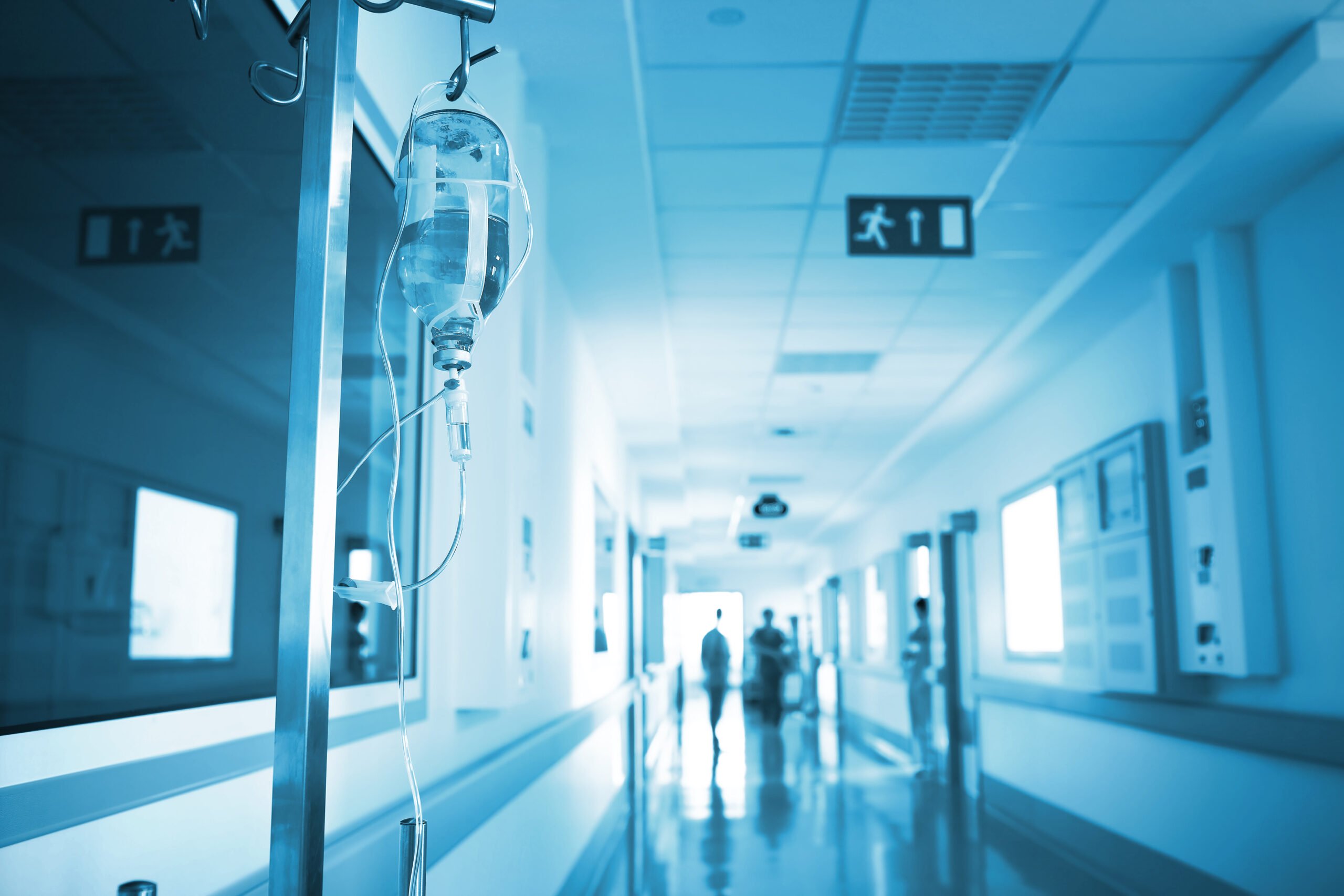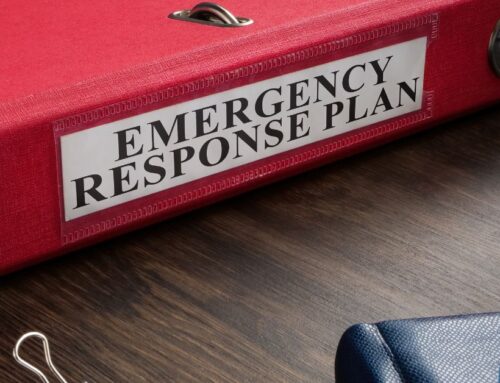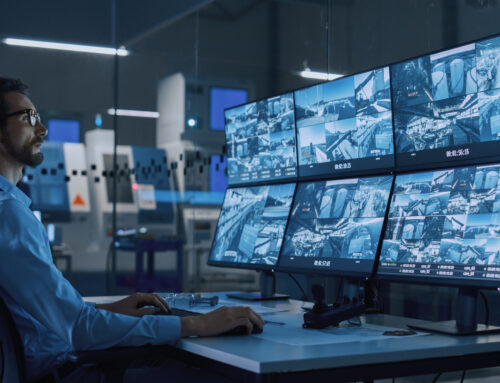Understanding The Crucial Role of Professional Security Guard Services in Healthcare Settings
In the often high-stress environment of hospitals, safety and security are paramount concerns. Beyond the medical expertise and cutting-edge technology that drive patient care, the presence of professional security guard services is indispensable in maintaining a safe and secure environment for patients, staff, and valuable assets. The role of these security personnel goes beyond just safeguarding physical spaces; it extends to ensuring the overall well-being of everyone within the healthcare facility.
Enhancing Physical Security
One of the primary responsibilities of professional security guard services in hospitals is to enhance physical security. These trained professionals are adept at implementing stringent access control measures. By monitoring entrances and exits, they prevent unauthorized individuals from entering sensitive areas, thereby reducing the risk of theft, violence, and unapproved access to patient records.
Emergency Response and Management
Hospitals are not immune to emergencies, whether they be medical crises, natural disasters, or security threats. In these critical moments, security guards are often the first responders. Their training equips them to handle a wide range of emergency situations, including assisting with evacuations, managing crowds, and coordinating with law enforcement and medical personnel. Their swift and effective response ensures that chaos is minimized and that the focus remains on patient care.
Mitigating Patient-related Risks
The presence of security guards helps mitigate risks associated with patient interactions. In emotionally charged situations, such as disputes or aggressive behavior, security personnel are trained to de-escalate tension and provide a calming influence. This not only ensures the safety of staff and patients but also contributes to maintaining a positive and supportive healing environment.
Protecting Valuable Assets
Hospitals house a vast array of valuable assets, including medical equipment, pharmaceuticals, and sensitive patient data. Professional security guard services play a crucial role in safeguarding these assets from theft, vandalism, or unauthorized access. Their vigilance and monitoring capabilities deter potential wrongdoers and provide an added layer of protection for these invaluable resources.
Maintaining Privacy and Confidentiality
Patient confidentiality is a cornerstone of healthcare ethics, and security guards play an essential part in upholding this principle. By monitoring access to patient information and ensuring that only official personnel are granted entry to sensitive areas, security professionals contribute to maintaining the privacy and trust patients place in healthcare institutions.
The role of professional security guard services in hospitals cannot be overstated. Their presence goes beyond traditional security functions; they serve as guardians of safety, well-being, and privacy within healthcare settings. From preventing unauthorized access to emergency response and patient interaction management, their contributions are instrumental in creating an environment where patients can heal, staff can work efficiently, and valuable assets are protected. As healthcare institutions continue to evolve, the partnership between hospitals and security guard services remains a cornerstone in providing high-quality care within a secure environment.






Leave A Comment